|
Zerynthia polyxena / Southern Festoon
Poliksenia
Papilionidae - Parnassiinae
Zerynthyia polyxena ([Denis & Schiffermüller], 1775). TL: Vienna.
 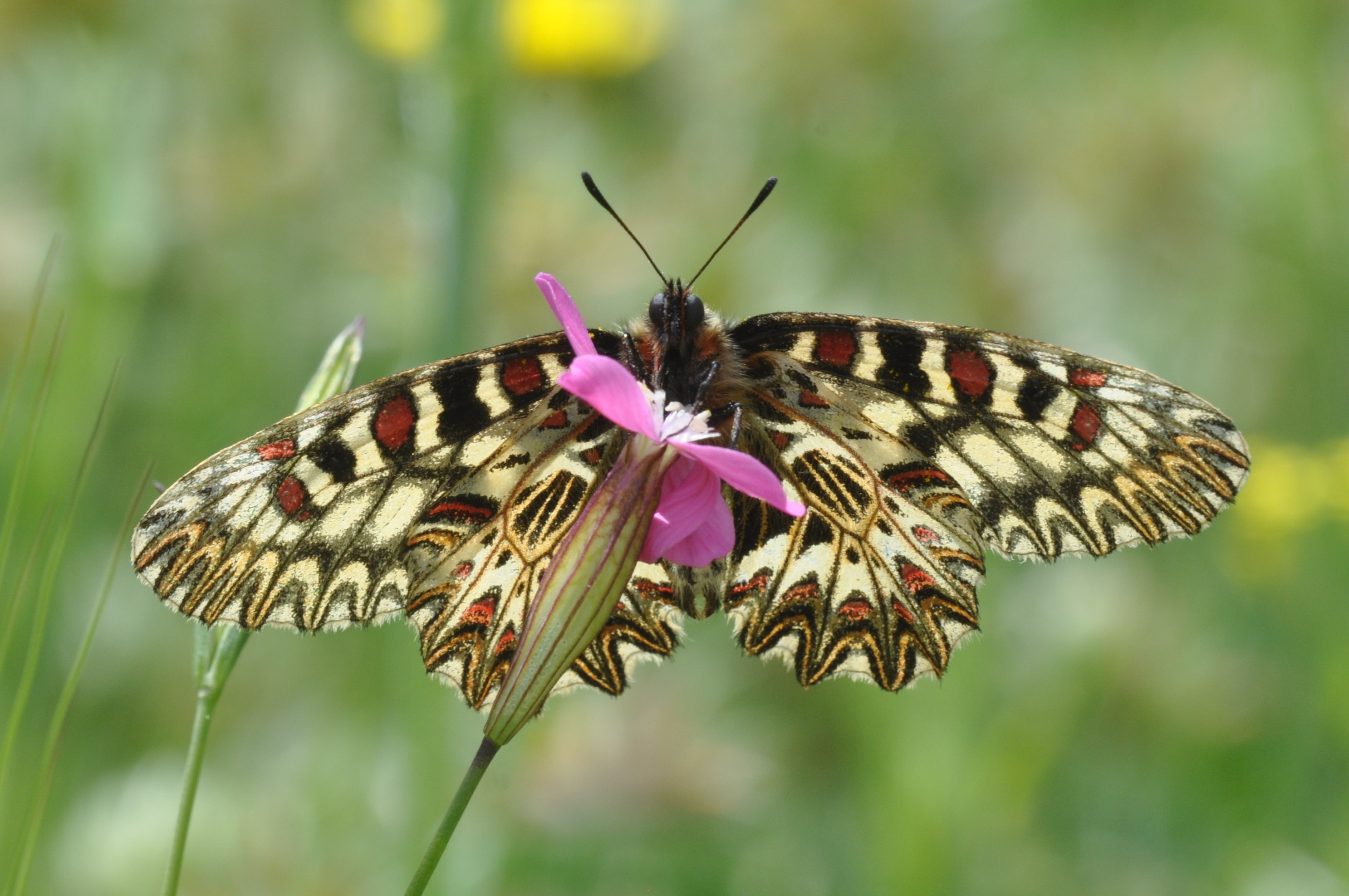
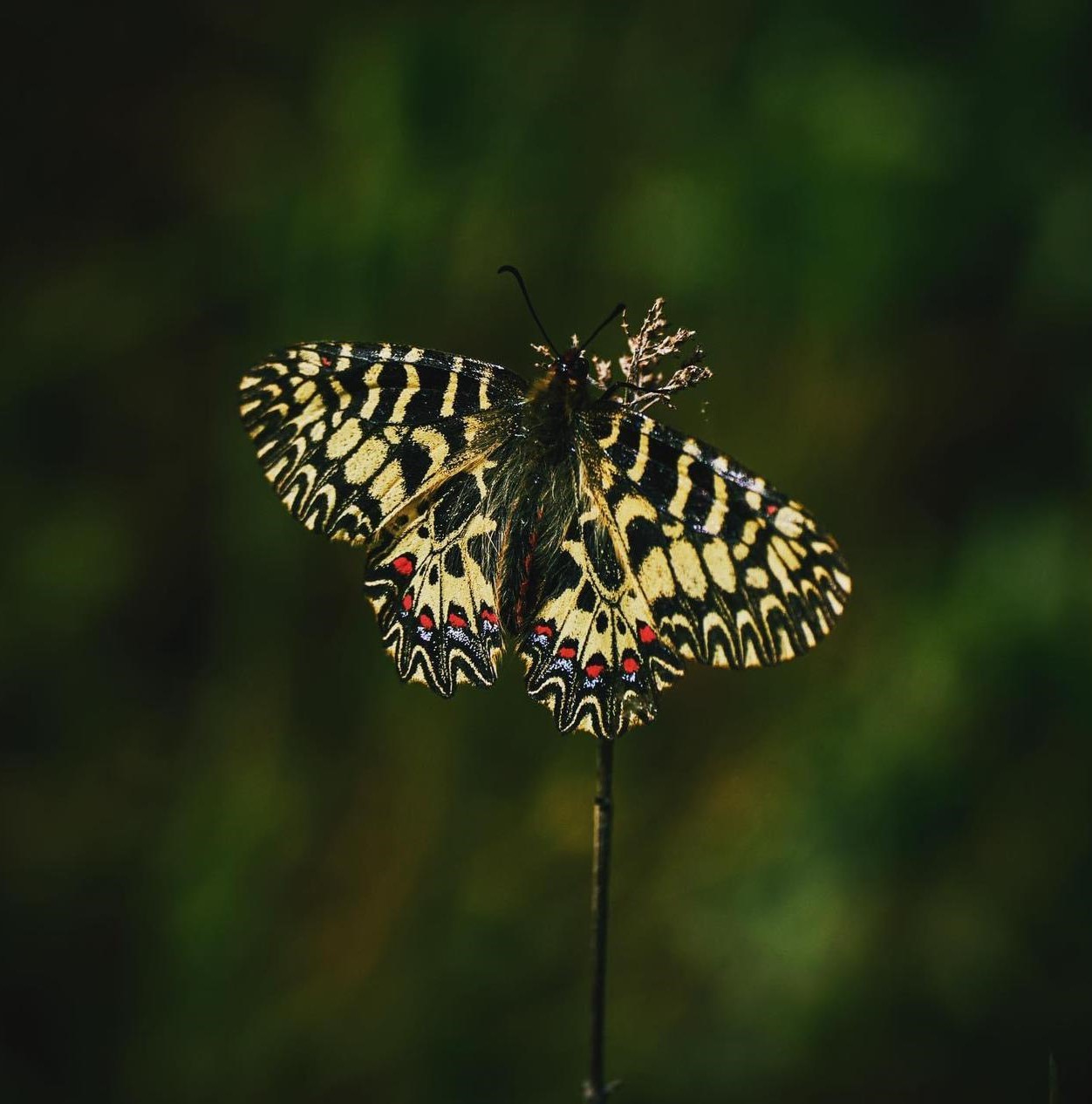 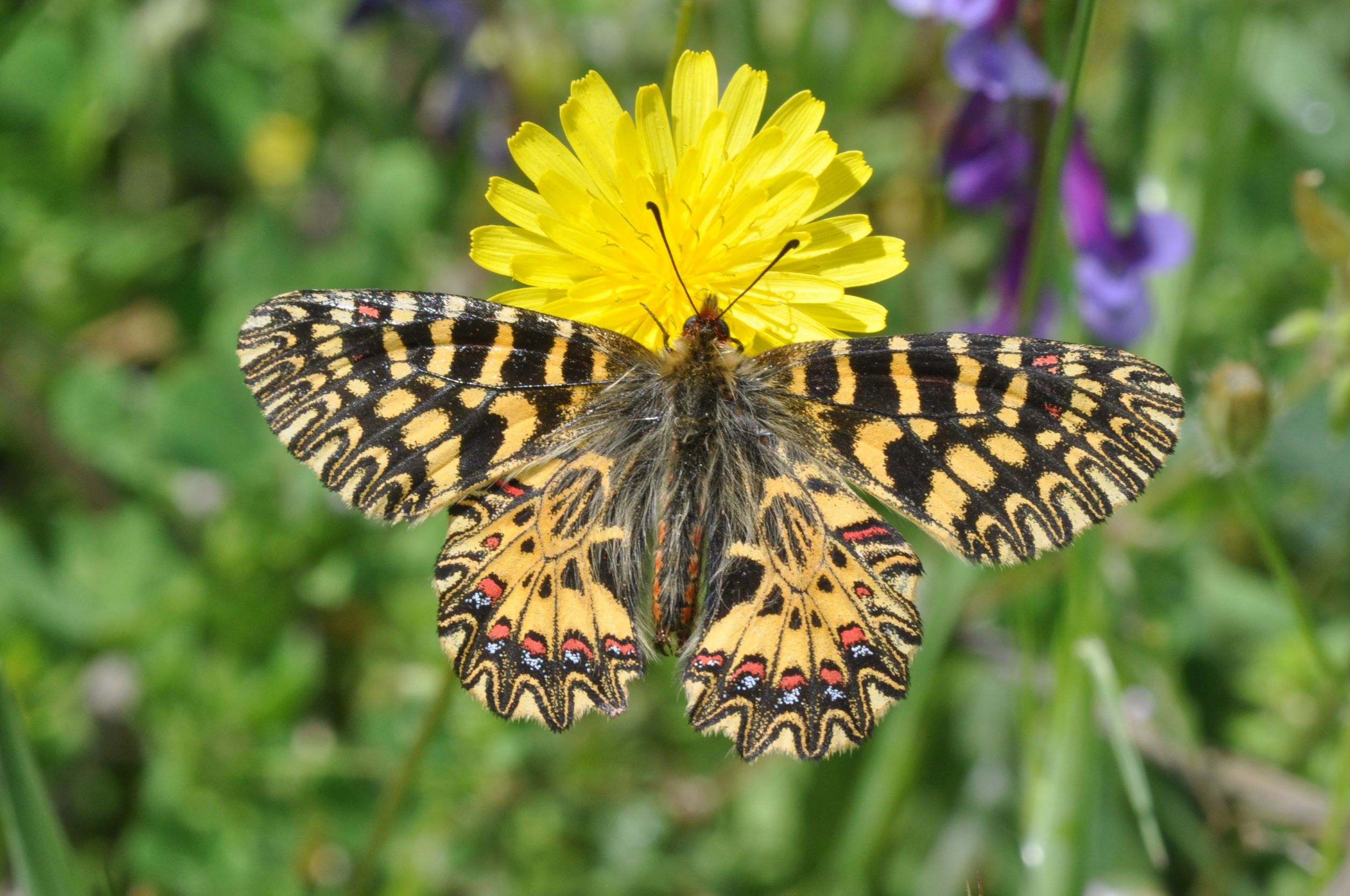 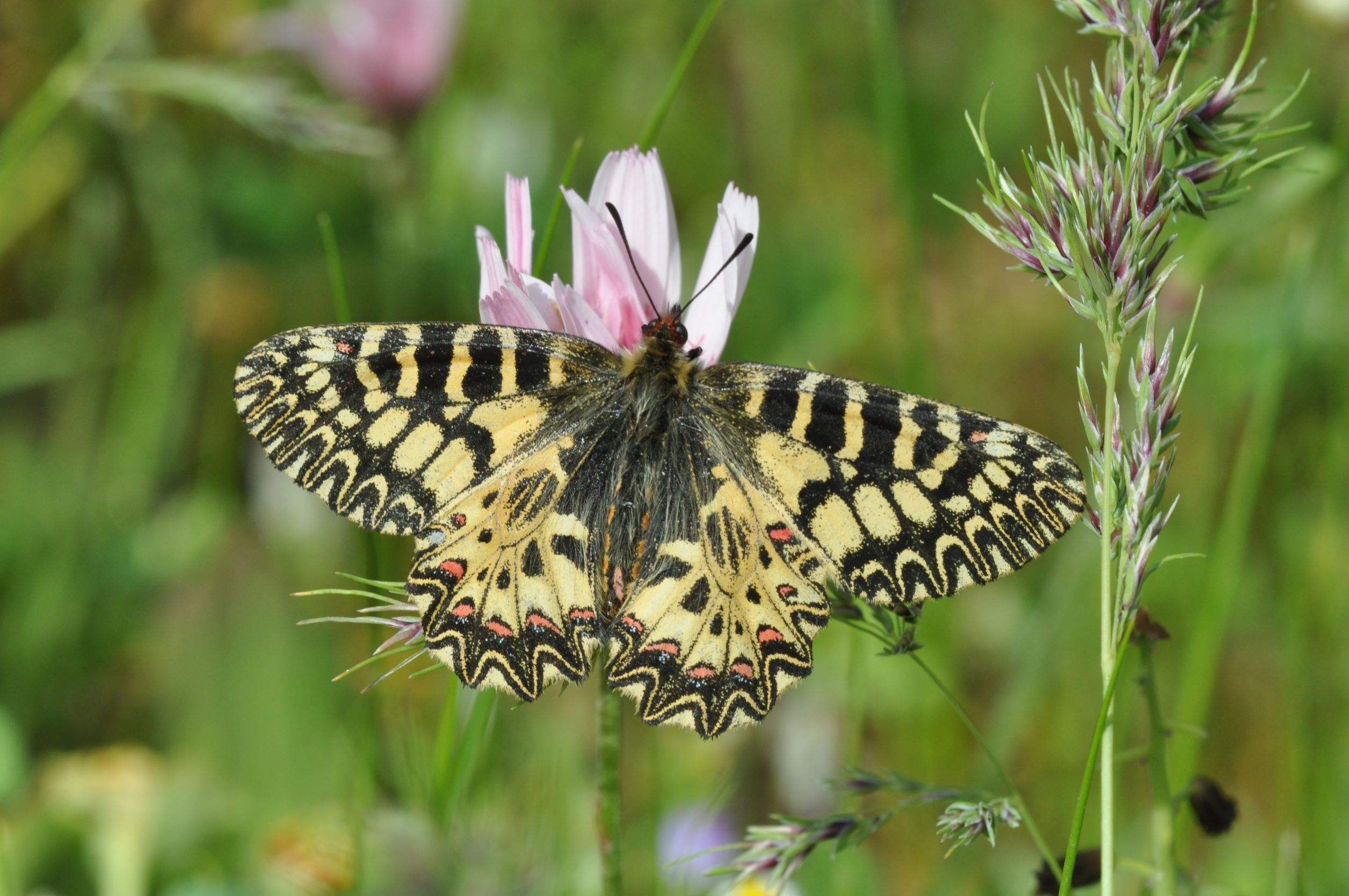
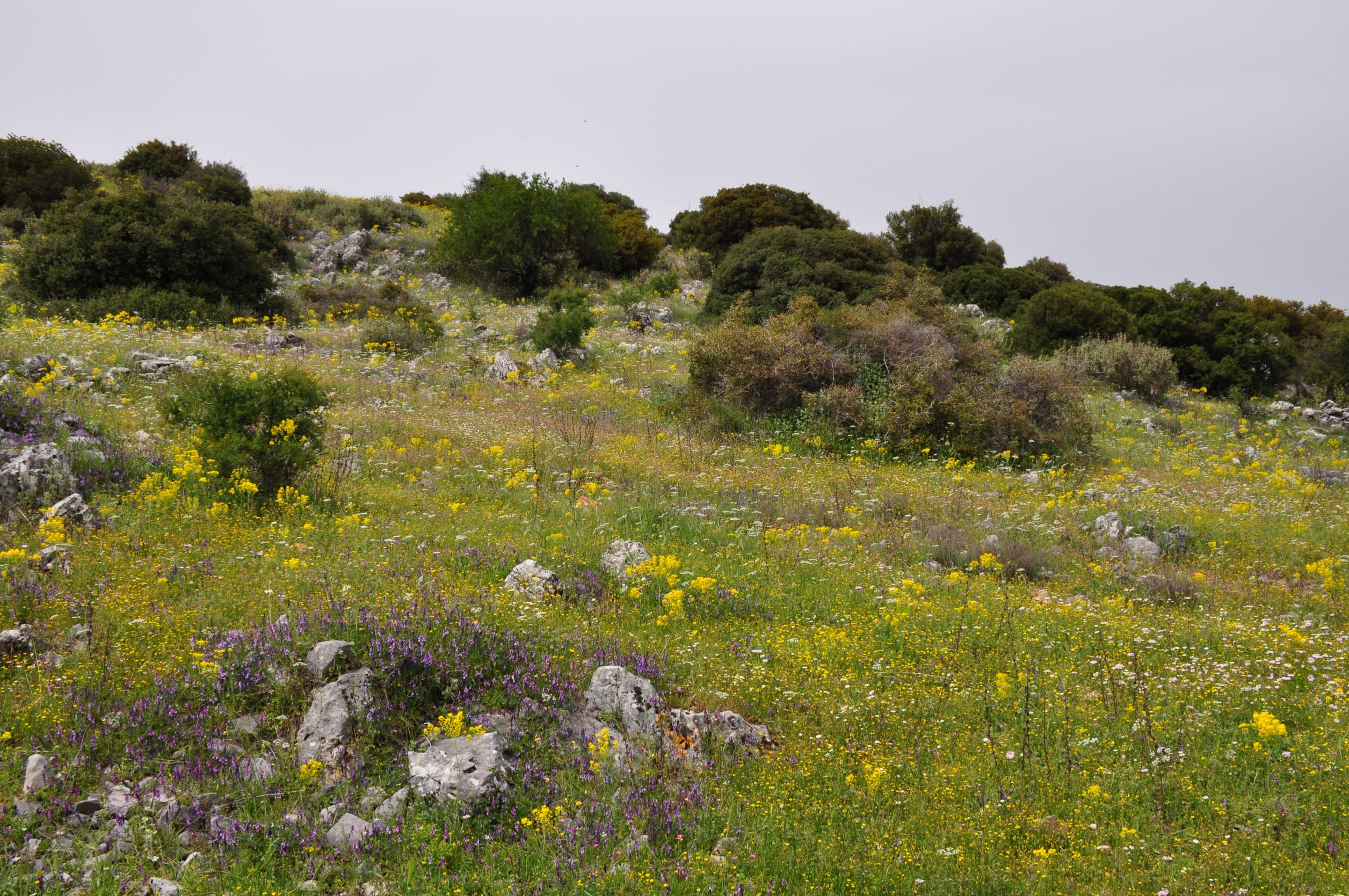 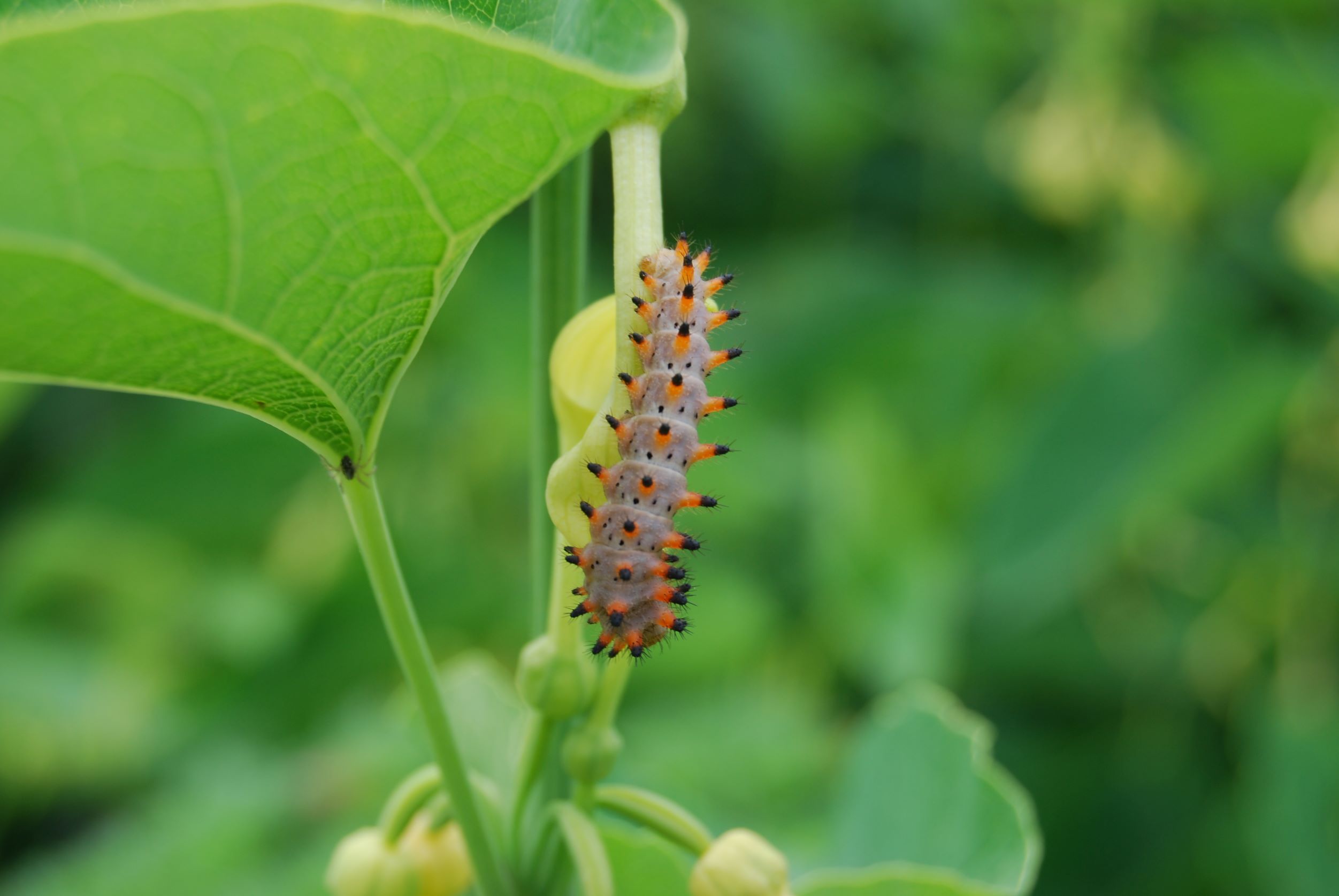
1a. Zerynthia polyxena, distribution map (09.i.2025).  Historical data ; Historical data ;  Additional data from the 2018 update ; Additional data from the 2018 update ;  New observations since the 2018 update. New observations since the 2018 update.
1b. Zerynthia polyxena ♂, underside. Greece (© Sylvain Cuvelier)
1c. Zerynthia polyxena ♂. Gjirokaster, Albania (© Anila Paparisto)
1d. Zerynthia polyxena ♂ forma ochracea. Greece (© Sylvain Cuvelier)
1e. Zerynthia polyxena ♂. Greece (© Sylvain Cuvelier)
1f. Habitat of Zerynthia polyxena. Greece (© Sylvain Cuvelier)
1g. Zerynthia polyxena, caterpillar. Romania (© Sylvain Cuvelier)
Description
♂♂
Medium size butterfly. Fw: 23-26 mm.
Ups: yellow gc. Upf:
black transverse markings with a small red coastal spot in s9. Deep marginal lunules Uph: series of red spots. Deep marginal lunules.
Uns: red spot more extensive on fw. Marginal lunules more marked on hw.
♀♀
Similar.
Similar species
None.
Life cycle
Adults: one generation from end-March to May.
Egg: short egg stage.
Caterpillar: develops fast and pupates.
Pupa: overwintering.
Habitat
Zerynthia polyxena inhabits rough, stony places from lowland up to 900 m a.s.l.
Spatial requirement low, population density can be high, butterflies hardly leave their habitat.
Foodplants
Caterpillars feed on Aristolochia sp.
Butterflies feed on spring flowers.
Distribution
Albania: local (probably insufficient research during the flight period)
Balkan: AL - BG - BIH - GR - HR - NMK - MNE - RKS - RO - SLO - SRB
Europe: IB - IT* - BAL - ALP* - NWE - UK - SCA - EEU
Asia Minor and mountains of NW Kazakhstan.
Conservation status
Zerynthia polyxena is threatened by human activities (changed management of open land)
Albanian Red List: VU.
IUCN Red List, category at the Mediterranean level: LC.
Useful links
Pyrgus.de
Lepiforum
leps.it
Euroleps
|
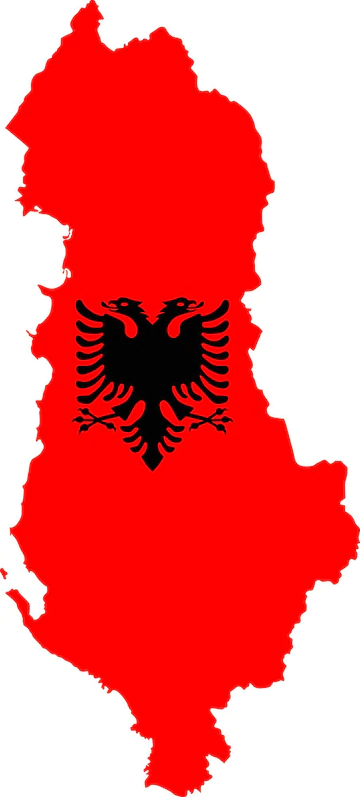 xx
xx 


 Historical data ;
Historical data ;  Additional data from the 2018 update ;
Additional data from the 2018 update ;  New observations since the 2018 update.
New observations since the 2018 update.